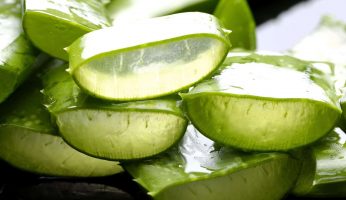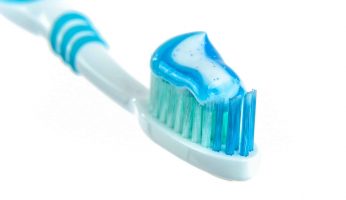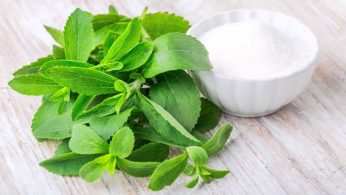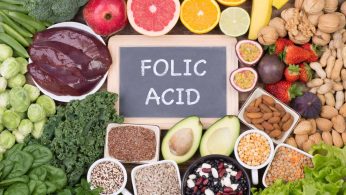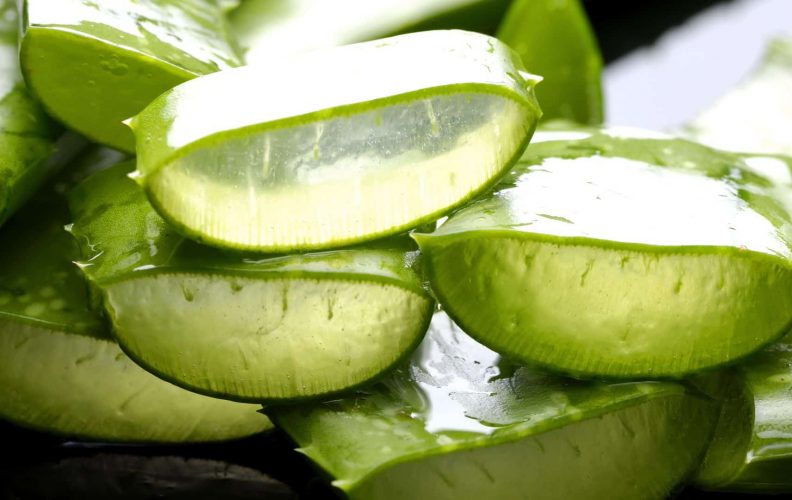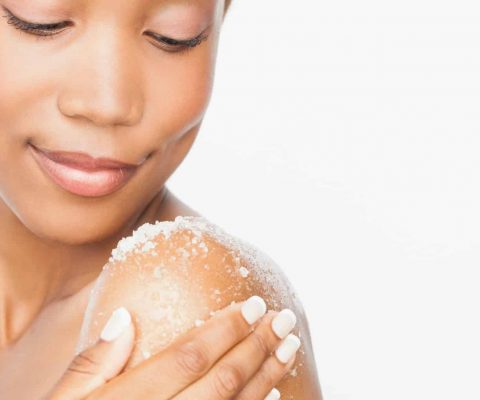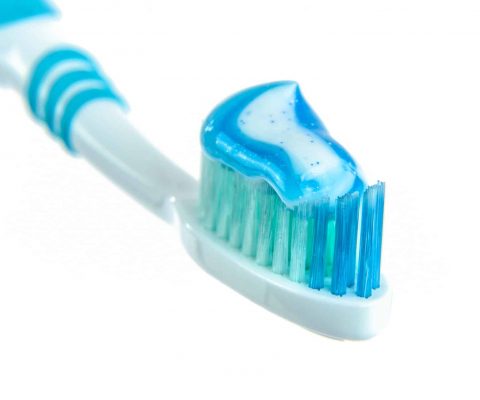Does Activated Charcoal Whiten Your Teeth?
Disclosure: We use affiliate links and may receive a small commission on purchases.
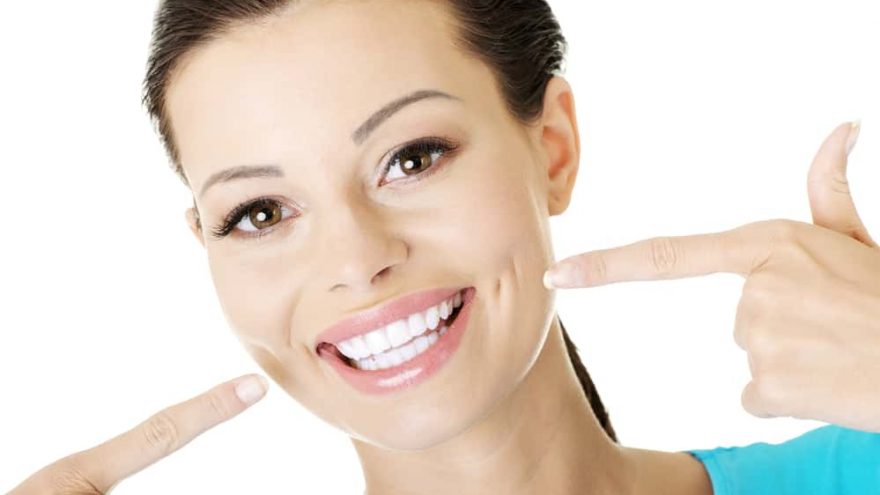 Does Activated Charcoal Whiten Your Teeth?
thefitbay.com
Does Activated Charcoal Whiten Your Teeth?
thefitbay.com

Living in times now where having less than perfect teeth is looked down upon in our society, people are spending hundreds and thousands of dollars and turning to many various whitening treatments just to make their pearly whites a little bit whiter. From at home whitening kits to lighting procedures at specialist offices, the “whitening” epidemic is getting crazier and more and more expensive.
Which begs the question, what is the most effective and cost-efficient whitening treatment? There are many home remedies available so that people can find the results they’re looking for without breaking the bank, without leaving home and using mostly all natural resources. The deeper in you look, the more natural the ingredients get, and there is a treatment for just about anybody out there.
Activated charcoal might be the solution
Now before you go to your backyard shed and grab that bag of barbecue charcoal and place it anywhere near your mouth, stop. Activated charcoal and that kind of charcoal are NOT the same things. Unfortunately, you might have to stop by on your way home to pick some up. Unless of course, you want to try the whole backyard charcoal in your mouth thing, then be our guest, but don’t blame us when it’s absolutely disgusting and leads to no health benefits.
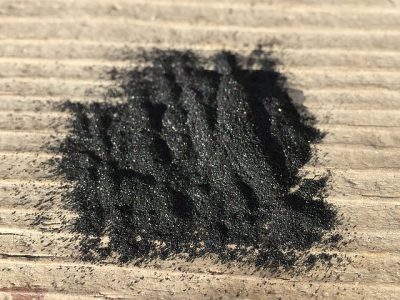
Activated charcoal is activated carbon. It is purified and made specifically for the usage of medicinal and health purposes. It actually has been used and can be seen in history as far back as 1550 BC! It is also used in loads of household alternative remedies, for face masks or other beauty products. It can also actually be a life saver! Some people have said they’ve used it in cases of food poisoning and to cure the common hangover. In the case of teeth and teeth whitening, however, activated charcoal can be used to replace fluoride.
The science behind it
Activated charcoal has been advertised as a “purifying agent that absorbs impurities.” It latches onto tannins. Tannins are a group of compounds that are usually in foods and drinks that leave stains. That means there are loads of tannins in coffee, wine, or some fruit juices and candies. Since the activated charcoal is attracted to this compound, it finds and does its best to oust it as much as possible.
The activated charcoal gets in whatever it gets into and basically binds and hooks onto anything in its way. The main goal of brushing with this remedy is in the hopes that it will attach itself to the tartar on your teeth, to the bacteria and (most importantly for those looking to whiten their teeth), to the STAINS. Then when you hold it in your mouth and rinse out with a lot of water (or brush and rinse), then you can say goodbye to all of that and more!
The bad news
The problem with this fact, however, is that the activated charcoal might take out things that you actually need. For example, this compound has been used in the past as a medicinal way to treat poisoning, thus removing basically anything bacterial from your system. So when you use it, there is a possibility that it might actually be removing bacteria that you need, from other medicines or vitamin supplements or for digestion, etc. The entire remedy hasn’t been researched so profoundly (since it is such a new trend), that it’s hard to say what the long-term effects are.
The nitty gritty (literally)
If you start to use it and mentally go into it think you’re going to get that same fresh, nice tasting experience as fluoride, think again. Your mouth, for one thing, will actually look black when you use it (from the charcoal, obviously), and it makes quite a mess.
First, most versions of activated charcoal come in pill form (usually taken orally for food poisoning, etc.). This means that you have to actually break apart the pill and figure out how to put that powder on your few centimeter area bristles, or just toss the whole thing in your mouth and swish. Either way, that whole black mess is coming out of your mouth sometimes (normally after three to five minutes), and onto your bathroom sink (or on your mirror, counter, etc.). That spells mess. But the good news is that your bathroom and your teeth might just be a bit brighter afterward!
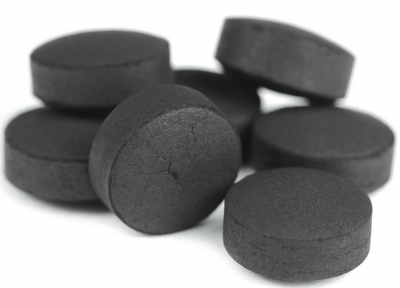
Most dentists actually stay away from recommending it, not only because it makes them lose money in the long run, but there is no scientific evidence and research done that can show that it is completely healthy for your teeth and gums.
Though it’s not easy to find, a whole bottle of it can be found on Amazon, or on online stores. It’s not as accessible as the other “alternative” for toothpaste: baking soda. Most people have never even actually heard of it.
In most cases, activated charcoal is found in pill form, which means that you might have to put in some work to be able to get to the actual product’s powder that you need to brush. (Unless you, of course, find the powder on its own).
It also leaves everything quite messy. But if you don’t mind having some black remnants on your porcelain sink, (which might clean it as well!) then give it a try.
Overall, there are loads of mixed reviews about if activated charcoal actually works to whiten teeth. Most responses tend to lean towards the fact that you have to wait more time than a “normal” teeth whitener would be because it is using a more natural and holistic approach. So if you decide to try activated charcoal, don’t expect to see much results after the first or second time. Don’t be disheartened, however! For all the results that state that they had no improvements, there is still hope! Many people have said it works for them, so at a few dollars for a bottle, why not give it a try?

